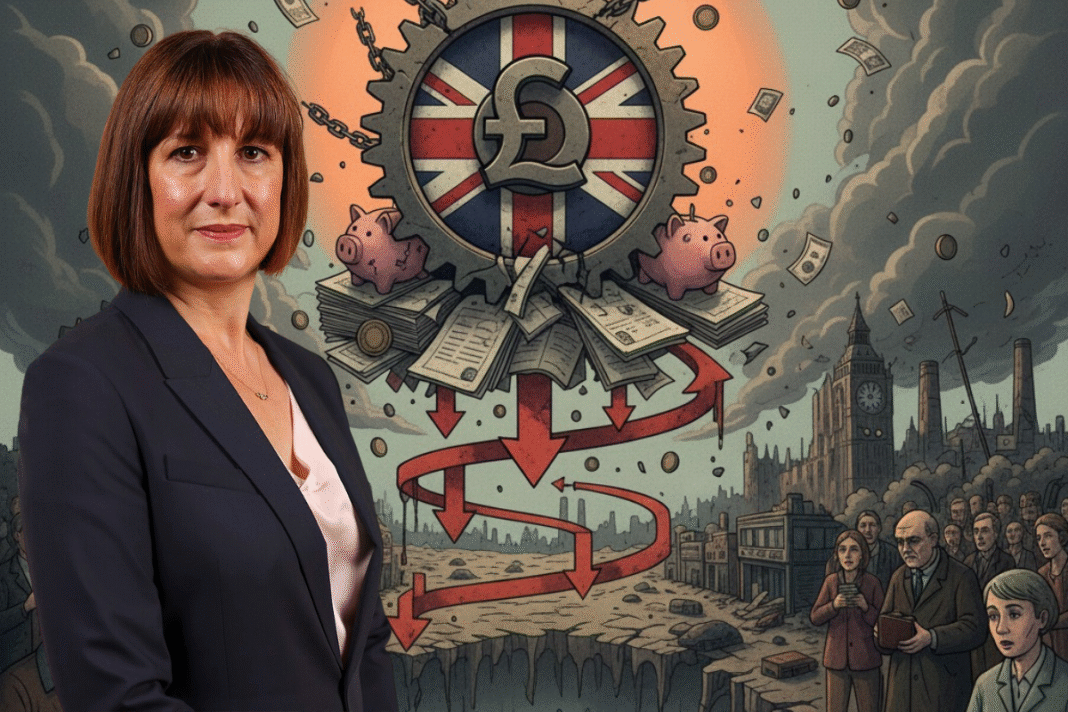If the Chancellor is determined to stick to the Labour Party’s manifesto pledge not to raise VAT, income tax or National Insurance, then property taxes must fill more of the economy’s ‘black hole’.
However, an ambitious, housebuilding-led, recovery is unlikely without realistic growth prospects.
Further property taxes may be politically easy to introduce but may compromise confidence in the economy, which is a worry as housing constitutes 6% of GDP and is a significant consumer spending and confidence driver.
The Government needs to encourage job and social mobility as well as transactions, and address continuing affordable private and social housing shortages, plus a record low and slow planning process.
SLASH RETROFITTING COSTS
One idea which may help is to remove VAT on retrofitting, regeneration and fire safety for registered social housing providers.
The housing crisis will not be solved simply by setting high building targets but better use of existing resources such as refurbishment, conversion of un- and under-used land and buildings, including empty homes.
Any development must be viable to attract external investment and compete with alternative options.
STAMP DUTY
Stamp duty raised £13.9 billion in the 2024-25 financial year on 83% of sales, so penalises buyers and mobility.
But if the Government were to scrap it, as the Tories have promised to, how could that revenue be replaced?
One option may be to charge sellers rather than buyers and set it at a lower level – for example, 0.5% stamp duty on properties selling for £500,000-plus.
However, while it might make sense to charge sellers who have seen capital appreciation than buyers, there could be claims of unfairness from those who have recently paid stamp duty on a purchase.
FIRST-TIME BUYER HELP
First-time buyers need assistance, perhaps via a similar scheme to Help2Buy or deposit-saving support but only if these moves are not inflationary as far as property prices are concerned, which they will be if supply is not also increased.
COUNCIL TAX
Council tax is regressive as values have changed considerably since 1991 when the values are taken from.
For example, in London and the south-east, no revaluation means higher bands have less of an impact.
We believe mansion tax ‘dressed up’ as additional higher-value council tax bands is likely to be in the Budget despite the cost and time involved of implementing, as well as the many anomalies remaining.
Will the Government allow it to be paid in instalments? Will this give extra income to local councils rather than government? Will this be a downsizing disincentive – will the asset rich/cash poor, especially pensioners and the vulnerable find themselves forced to sell?
As for the level it may be set at and when introduced, pinch points will mean short-term market disruption. Considerable effort and resources will be required to establish appropriate values and allow for inevitable legal challenges.
SELF-DEFEATING
A mansion tax could be self-defeating as it is likely to be payable annually and not transaction based like stamp duty and capital gains tax.
It’s also a post-tax cost so, for example, a 1% charge at £2million could mean 1.8% for higher-rate taxpayers i.e. £36,000 not £20,000.
“Huge conflicts are likely.”
Also, if it is a ‘slab’ tax, owners of homes valued at £1.99 million might pay nothing, so huge conflicts are likely.
Discretionary movers would potentially choose to pause, not buy or sell, reducing transaction numbers and compromising the wider economy – as well as confidence. The new tax is unlikely to make a significant difference to Treasury coffers either, as it will affect relatively few.
ECONOMIC CONSEQUENCES
The most important question for all suggested Budget measures to answer is – what will be the impact on market activity as well as the consequences for the wider economy?
A need to encourage job and social mobility as well as growth is a given but a mansion tax probably won’t tick that box.
“The housing market is at a crossroads.”
The housing market is at a crossroads – whatever the Chancellor delivers on Wednesday could mean activity reduces further, or if it is not as bad as rumours have suggested, we could see a stronger 2026 rebound as the market recovers.
At least we will have tax clarity, which is better for the market than the current situation we find ourselves in.
On balance, we are hoping for the least-worst scenario which doesn’t compromise activity, raise rents or stop building.










